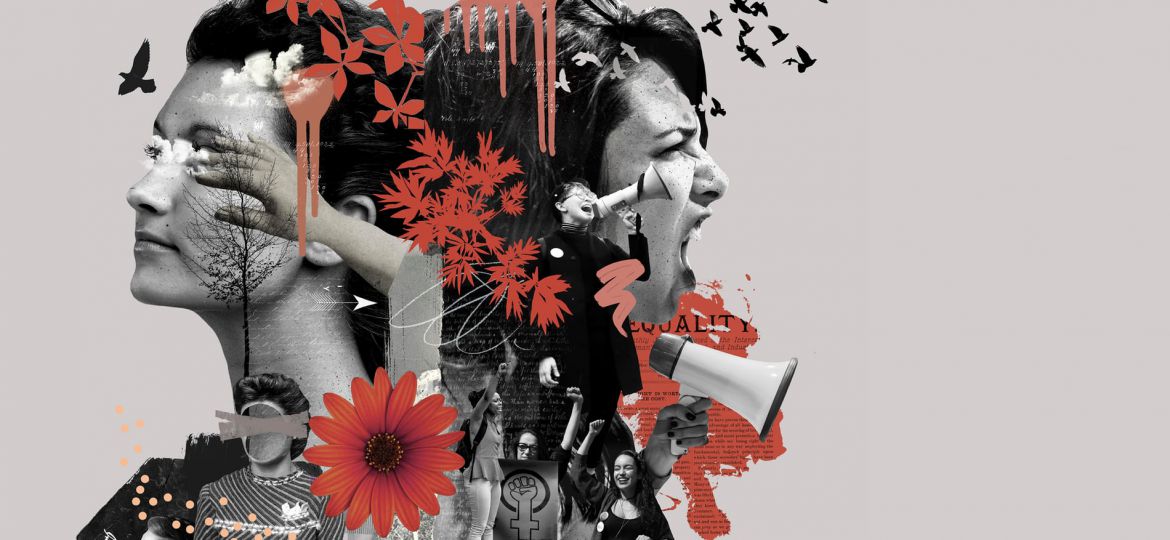
When the #MeToo moment began in earnest last October, many women felt optimistic, galvanised; others felt uncomfortable. As stories of abuse and harassment accumulated in the media, men began to experience consequences for their treatment of women. Some lost jobs, others were demoted, many faced public embarrassment. The careers of men such as Hollywood producer and alleged rapist Harvey Weinstein, masturbating comedian Louis CK, and predatory actor Kevin Spacey were declared dead. Others, like the groping chef Mario Batali, took a temporary “step back” from their public lives. A reckoning seemed to be underway, and many women felt that it was long overdue.
In the media and in private life, conversations about consent, hostile environments and power began, and there was a growing acknowledgment that a man’s unwanted sexual overtures were a symptom of broader social and political forces. Soon, these discussions were interrupted by hand-wringing and anger from male commentators – everyone from conservative columnist Andrew Sullivan to Donald Trump – who claimed the movement had gone too far before it really began. But unexpected divides emerged between feminists as well.
Some feminists urged caution; others wanted the reckoning to go further. But the most common complaint about #MeToo came from those who felt that the whole movement had very quickly become silly. Self-described feminists such as Daphne Merkin and Bari Weiss in the New York Times, Katie Roiphe in Harper’s, Germaine Greer in the Sydney Morning Herald and 100 French women in Le Monde complained that many of the incidents of harassment were too minor to warrant opprobrium. They argued that by grouping together such a wide spectrum of sexual misbehaviour, #MeToo had lost a sense of nuance. They called on women to toughen up. Whatever happened to no-nonsense rejections, they asked. Those who complained about harassment and assault, Merkin wrote, “perceive themselves to be as frail as Victorian housewives”. By this logic, women could solve the problem of sexual harassment and assault with good humour, patience and a high tolerance for pain.
This disagreement was quickly characterised in the media as generational. Older feminists, we were told – say, anyone over 40 – were sinisterly complicit, laughably outdated, or just too scared of overstepping. Younger women, depending on who you asked, were either righteously passionate, naively idealistic, or out for blood.
In part, this notion of a generational divide came from the feminist opponents and supporters of #MeToo themselves. In Harper’s, Roiphe derided the #MeToo movement as “Twitter feminism”, giving the impression that only narcissistic, social media-obsessed millennials want a reckoning over sexual assault. In her article criticising the direction #MeToo was taking, Bari Weiss emphasised the youth and naivety of an anonymous woman who made allegations against the comedian Aziz Ansari. Meanwhile, the feminist website Jezebel, whose readers and writers skew young, ran an article headlined “The Backlash to #MeToo is Second-Wave Feminism”, gesturing vaguely at a misguided crop of older feminist thinkers but not engaging much with those thinkers’ actual achievements and failures.
This article was originally published in The Guardian. Read the continuation of it here.